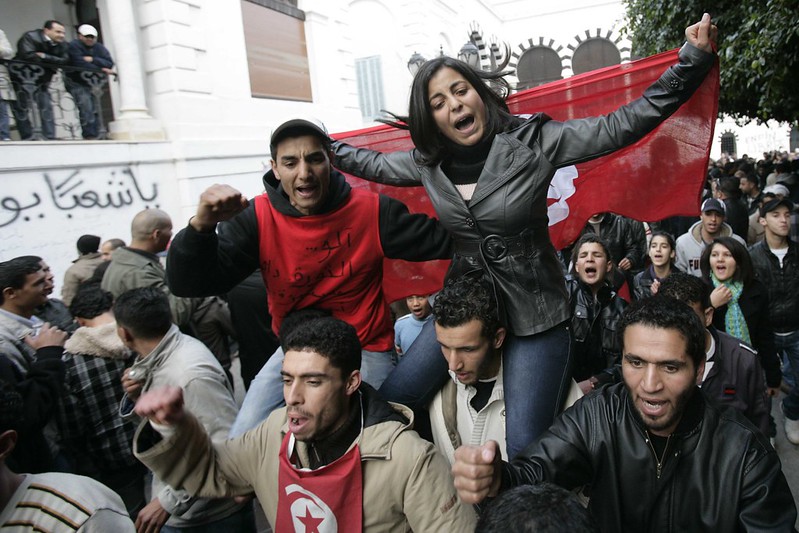
A nuclear whistleblower and BBC journalists are being unjustly pursued, says Chris Ames
Why is the Independent Police Complaints Commission (IPCC) investigating a customs official who embarrassed the security services over nuclear proliferation? As the Damian Green row rumbles on, another whistleblower finds himself on the wrong side of a criminal investigation, with investigators now seeking to question BBC journalists about the case.
Atif Amin, a British customs investigator, was arrested and had his house searched over allegations that he passed classified information to the authors of a book about Pakistan’s development and export of nuclear technology. A year into the IPCC’s investigation, there are signs that the case will come to a head next month.
The case centres on America and the Islamic Bomb by US investigative journalists Joseph Trento and David Armstrong. The book, published in October 2007, alleges that for years the West ignored Pakistan’s involvement in proliferation. It includes the story of Amin, who in 2000 tracked the unlicensed export of proliferation-sensitive high-tensile aluminium to Dubai, in the United Arab Emirates. There he uncovered part of the network of AQ Khan, ‘father of the Pakistani bomb’ and international nuclear trader.
Amin found evidence of shipments of nuclear technology from Pakistan to Libya, which at the time had a covert nuclear programme. But he was warned off the case by Britain’s Secret Intelligence Service, MI6, which was tracking the Khan network with the CIA. Khan’s operation was allowed to run for another three years. It was shut down after another nuclear-related shipment was intercepted on its way to Libya in October 2003, following a tip off from a CIA mole within the network.
The seizure also led Libyan leader Colonel Qaddafi to admit to and publicly renounce the country’s nuclear programme. But many experts have questioned the value of this delay, during which the Khan network is believed to have supplied Iran with material and technology for its nuclear programme.
After Trento and Armstrong’s book was published, Amin gave an interview telling his story to NBC News. He then became the subject of a criminal investigation himself, when HM Revenue and Customs made a complaint to the IPCC about a suspected breach of the Official Secrets Act. He was arrested and interviewed under caution and his home was searched by police and IPCC investigators.
At this point Trento contacted the IPCC, making it clear that Amin was not the source for his book. He asked: ‘Why have you accused this guy?’ He received no response but IPCC investigators later flew to Washington seeking to interview him. Having taken legal advice, Trento declined.
Trento is still furious about the way Amin, whom he has described as a ‘real life hero’, has been treated. He told me: ‘The entire episode is absurd. An innocent person is in the dock. I never met him until after the book was published.’
Although the investigation and search of Amin’s home was briefly reported in the UK media at the time, the case has received virtually no publicity since. Trento and Armstrong contacted the BBC, which decided not to follow up the story after Amin’s lawyer told them he could not comment because of the ongoing investigation.
With suggestions that the case will soon come to a conclusion, IPCC investigators have recently contacted the BBC, seeking details of its journalists’ contacts with the authors. I understand that their enquiries have been referred to the BBC’s legal department.
The case –– and the attempts to prise information from journalists –– raises questions about the role of the IPCC, which was set up to handle complaints against the police. A BBC source said:
‘I thought the IPCC was supposed to shine a light into dark corners –– one of the safeguards against Britain becoming an unaccountable police state. Yet here they are persecuting a whistleblower about the security services.’
An IPCC spokesperson told me: ‘The IPCC can confirm that a HM Revenue and Customs officer has been interviewed under caution as part of an on-going inquiry into a potential breach of the Official Secrets Act. He has been rebailed until 14 January 2009 and the inquiry continues. HMRC used their powers to refer the suspected breach of the Official Secrets Act to the IPCC. There does not need to be a public complaint.’
But a spokesperson later added: ‘The Commission agreed to carry out an investigation. As ever, it will be independent, impartial but thorough’, illustrating that the IPCC was not obliged to accept the referral from HMRC. The spokesperson declined to comment on the investigation itself or on the costs incurred.
Amin’s solicitor, John Harding of Kingsley Napley, also declined to comment because of the ongoing criminal investigation. But no-one who has spoken about the case thinks it will go very far, and none think this type of investigation is what the IPCC is for.





